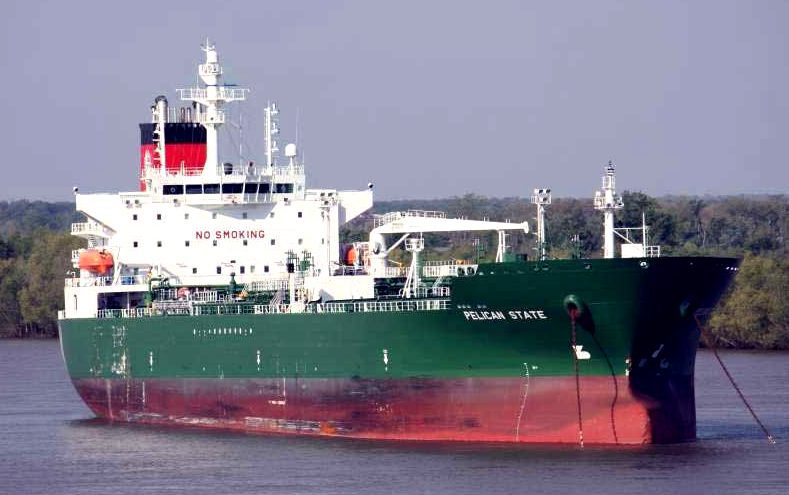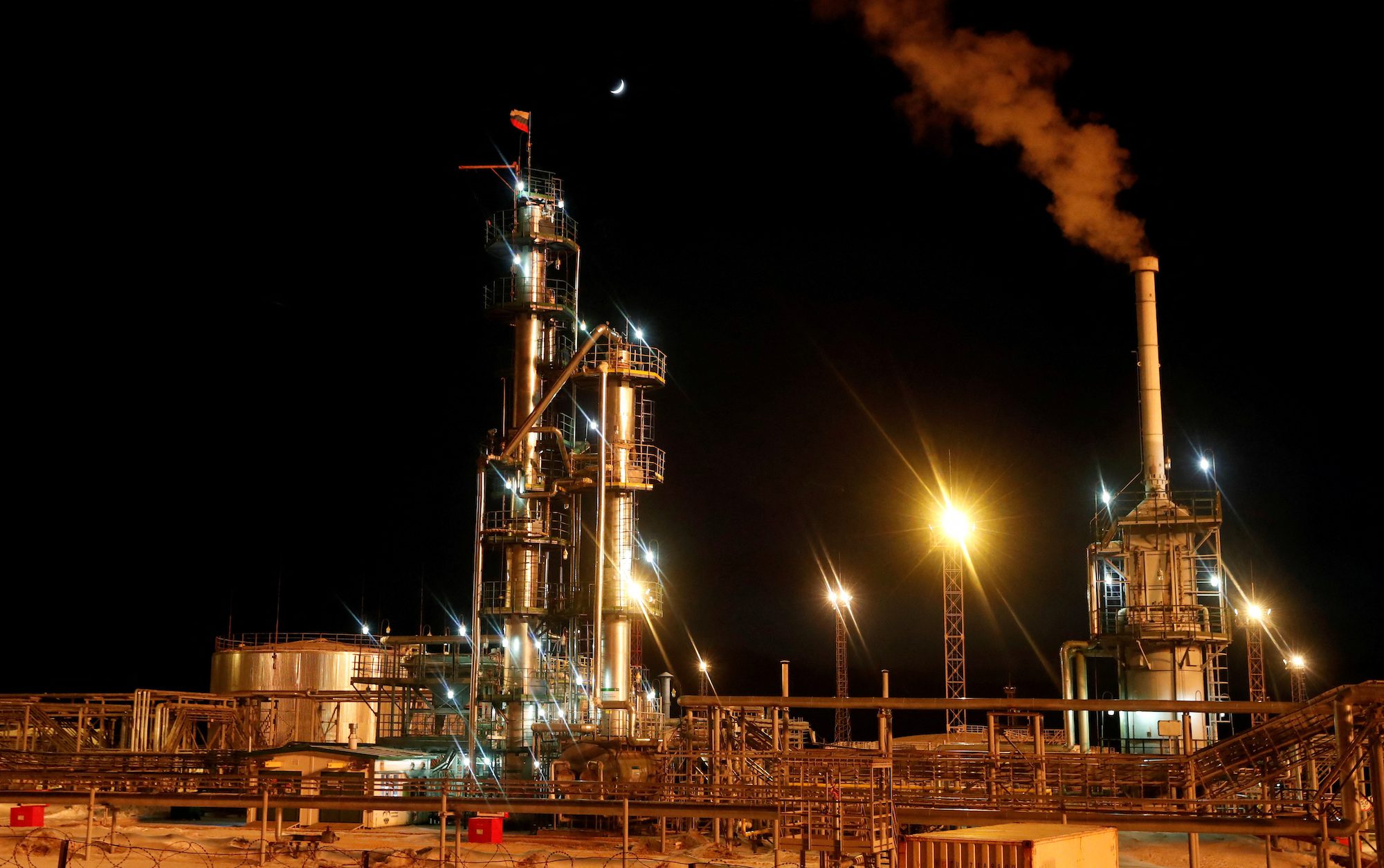Pelican State, an APT-owned product tanker managed by Crowley. Image: APT
(Bloomberg) — Rising U.S. naphtha exports could displace seaborne trade from the Middle East to boost demand for refined-oil tankers by 0.4 percent for every additional 100,000 barrels shipped daily, RS Platou Markets AS said.
The U.S. is set to turn ultra-light oil, or condensate, into refined products such as naphtha or kerosene from shale- based crude and gas wells by setting up mini-refineries called splitters, the Oslo-based investment bank said.
“Increased U.S. naphtha exports would most likely be positive for product tankers given the longer trading distances to Asia,” Platou said in an e-mailed report today. The 3,002 product tankers in the global fleet carry refined oils, from jet fuel to gasoline and naphtha.
The distance from the U.S. Gulf to Japan is 9,300 nautical miles compared with 6,600 nautical miles for the Middle East Gulf to Japan journey, the bank said. The route to Asia from the Middle East for product tankers generates the biggest demand for the ships, according to McQuilling Services LLC, a Garden City, New York-based tanker consultancy.
The longer voyage times mean a boost in demand for vessels. Assuming a balanced market, that could be worth an extra $500 daily for Medium-Range tankers, which transport cargoes of about 40,000 metric tons, Platou said. Long-Range tankers carrying cargoes of as much as 90,000 tons, may average $1,000 a day more, as a result of the additional U.S. demand, Platou said.
Every 100,000 barrels daily equates to annual shipments of 5 million tons, the bank said.
Platou estimates that earnings for the global fleet of Medium-Range tankers, which carry about half the world’s refined oil shipped by sea, will average $14,000 daily in 2013, up from $13,000 in 2012, it said in a report this month.
– Michelle Wiese Bockmann, Copyright 2013 Bloomberg.

 Join The Club
Join The Club











